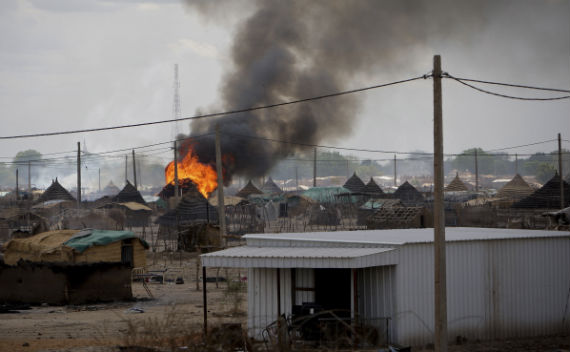Sudan: Khartoum Occupies Abyei
More on:

As South Sudan’s official independence approaches on July 9, 2011, the conflict between the North and the South escalated this weekend, culminating in Khartoum’s occupation of Abyei town. This suggests a hardening of the North’s position on Juba and makes an amicable divorce between North and South more difficult. At present, serious fighting in Abyei makes it nearly impossible to address any other issue without first resolving this conflict. Some commentators are even going as far as to suggest this could reignite civil war.
Over the weekend, U.S. special envoy to Sudan Princeton Lyman noted that Khartoum’s insistence on continuing to occupy Abyei town will also make it difficult for the United States to normalize relationship with Sudan, including dropping the North from the U.S. terrorism list.
On a side note, commentators often refer to the “oil rich Abyei.” But as reported in a BBC article today, there is not much oil left following an international court’s adjustment in the territory’s borders in 2009 that that left most of the oil to Juba. Instead, the current conflict in the rump state owes more to rival claims by the Juba-leaning Dinka Ngok, who occasionally fought on the side of the (Southern) Sudan People’s Liberation Army, and the Misseriya, who fought on Khartoum’s side during the civil war.
More on:
 Online Store
Online Store